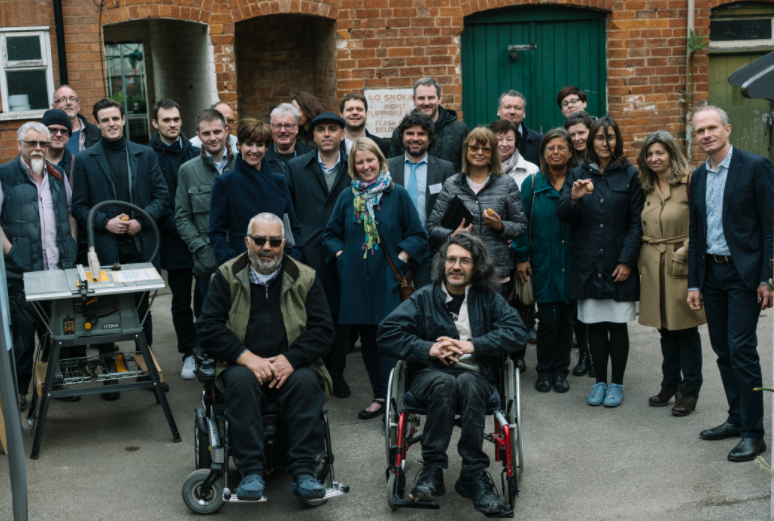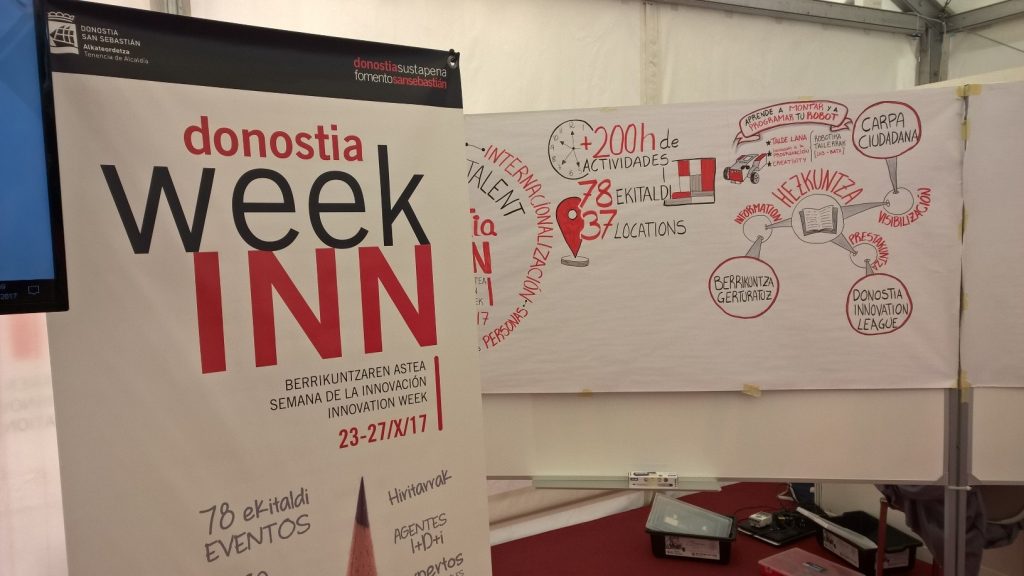The kick off meeting for the Urban Manufacturing project was a fantastic initial opportunity to meet project managers and policy representatives from the seven other partnerships. As host city we wanted to give partners a flavour of what Birmingham has to offer in terms of collaborative maker spaces. It was a real pleasure to show delegates around the School of Jewellery which has used ERDF funding to facilitate collaborative working between local companies and the Jewellery School to explore new markets for their products and have access to a state of the art 3D printing machine.

A visit to ‘The Shed’ in Moseley demonstrated the pastoral power of bringing together people from the local community to make products together and a visit to ‘Ingot Studios’ demonstrated how local artists forward thinking collaboration meant they could afford a space to develop their art work.
The second day provided an opportunity to hear about the collaborative maker space initiatives from each of the partners as well as to experience a mini ‘policy clinic’ where projects were invited to identify synergies and identify potential future collaboration. I presented the Medical Devices Testing and Evaluation Centre (MDTI) project. The project lead is the University Hospitals Birmingham NHS Foundation Trust. Funded by ERDF MDTI is providing a physical space where clinicians, university researchers and innovators come together to develop and test medical devices and bio materials. It is providing a set of facilities that were previously absent in the region and so will remove the regulatory blockage to the development of the local life science economy.

Similarly, Bratislava has a bio tech and bio medicine project, the Comenius University Science Park, which is using ERDF to upskill young scientists to commercialise their products. The project is bringing together the Ministry of Education’s policy hub, the university and enterprise to launch new products and develop the future economy and jobs. The Bratislava project is sending further information which will be shared with the Birmingham project to identify opportunities to learn from each other.
It was also interesting to hear how San Sebastian has been using CMS to help new entrepreneurs develop innovative products within a short timeframe and then test them out as new models for local commerce. It is helping provide a strategy to support local retail initiatives in the face of rising rents as global companies move into traditional retail areas. The approach will help maintain the diversity of the retail offer plus helping to tackle the challenges of the future job market.

There were many other interesting case studies presented with transferable ideas which the Birmingham project hopes to implement over the course of the project.




